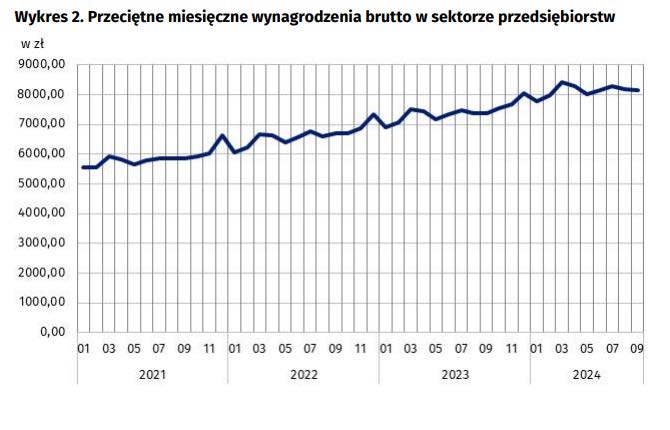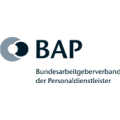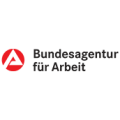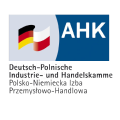
The German job market has been attracting Poles for many reasons—higher wages, stable employment conditions, and numerous job offers.
Currently, the situation is changing. A slowdown driven by inflation and rising energy costs is reducing the attractiveness of the labor market for foreigners, including Poles.
Specializing in the recruitment of manual labor to Germany, we observe firsthand the profound effects of the economic slowdown across the Oder. Poles are no longer as eager as before to work in Germany.
Here’s what the situation actually looks like:
Increased desire to work in Poland due to rising wages and improved working conditions.
Wages in Poland have significantly increased in recent years. The difference between earnings in Poland and Germany is no longer as significant as it once was. One reason for the increases was the outflow of Ukrainian workers after the outbreak of the war in Ukraine. Currently, there is a fight for workers in Poland. The recruitment process is more akin to sales than traditional hiring. Companies must offer not only attractive salaries but also a wide range of benefits such as private medical care, sports cards, or flexible working hours.
Low unemployment rates mean that employers have to compete for candidates who now have much higher expectations. Finding a worker willing to travel to Germany under such conditions has become decidedly more difficult.
These changes have forced us as an employment agency to increase our marketing budget fourfold to reach candidates and persuade them to travel. It was also necessary to reduce our profit margins in favor of raising employee salaries.
The average monthly gross salary in the corporate sector in Poland rose from 5536.80 PLN gross in January 2021 to 8140.98 PLN gross in September 2024, an increase of 47%.

*CSO Average employment 21.10.2024 and salary in the corporate sector in September 2024.
Significant decline in orders from German clients
A few years ago, German companies competed for workers from Poland, but today we observe a clear decline in interest. German companies are limiting employment due to high operating costs, including rising energy prices, which directly translates to fewer available job offers. In our agency, the difference in the number of offers was visibly affecting the reduced interest in traveling. Therefore, we have expanded our area of operation, which was previously focused only on transport, to industries such as manufacturing and logistics.
Outflow of workers to other countries
While Germany has been the main destination for labor migration of Poles, more candidates are now asking about opportunities in countries like the Netherlands, Belgium, or Scandinavia, where wages are higher and the market situation is more stable. This significantly changes the face of the migration market and causes Poles to seek alternatives where financial stability is greater.
Employment uncertainty
The current economic situation and information about the difficult state of the labor market in Germany create uncertainty among workers. Faced with the increasing risk of job loss and costs associated with travel, many potential candidates hesitate whether to make the decision to travel to Germany. Our recruitment department not only has to tailor the offer but also reassure the candidate and confirm that they do not have to worry whether the client will shut down operations. In Poland, layoffs in the German automotive industry were very loudly discussed.
Cost of living increase in Germany
Although the offered salary may still seem attractive, the cost of living in Germany, especially accommodation and food, has risen so much that it often influences the decision to stay in the country. Despite higher earnings, the worker adds higher living costs and the salary difference is often not sufficient to decide to work abroad.
In response to this challenge to encourage workers to travel, we took responsibility for organizing and covering the costs of accommodation. We currently have a dedicated team responsible for managing the network of employee accommodations.
Changes in the social approach to economic migrants
The rise in unemployment and economic difficulties in some regions of Germany are changing social attitudes towards foreign workers, perceived by Poles as reluctance or lack of support. What was once stable employment in a welcoming atmosphere is now seen as a risk.
Despite these challenges, as an employment agency, we strive to meet the needs of candidates and offer conditions that will eliminate the barriers to travel. With the intention of facilitating the departure as much as possible, we offer:
- No need to know German thanks to the support of Polish coordinators, who help at every stage of the stay.
- Round-the-clock care—our team supports workers 24/7 to ensure they feel confident abroad.
- Free accommodation and organized transport to work to minimize living costs.
- Assistance with formalities—our specialists help with all formalities, such as Steuer ID, insurance, and Kindergeld.
- Fast recruitment process—we enable workers to start working even within three days.
- These initiatives aim not only to encourage Poles to travel to Germany but primarily to eliminate the difficulties and risks associated with working abroad.
Read also:
Richest Germans – ranking
Housing crisis in Germany










